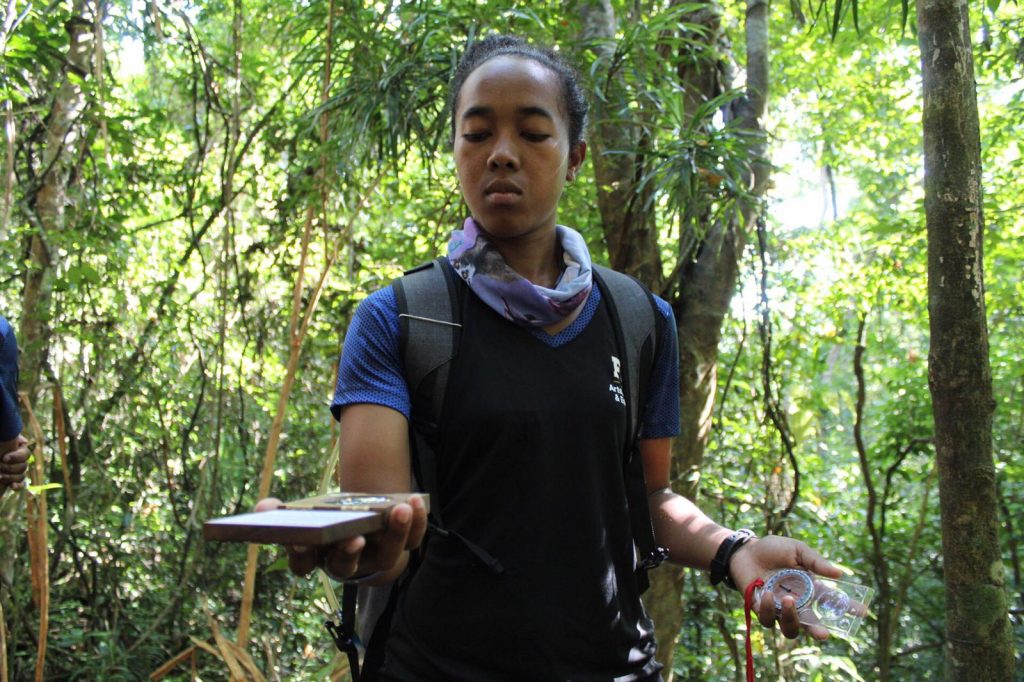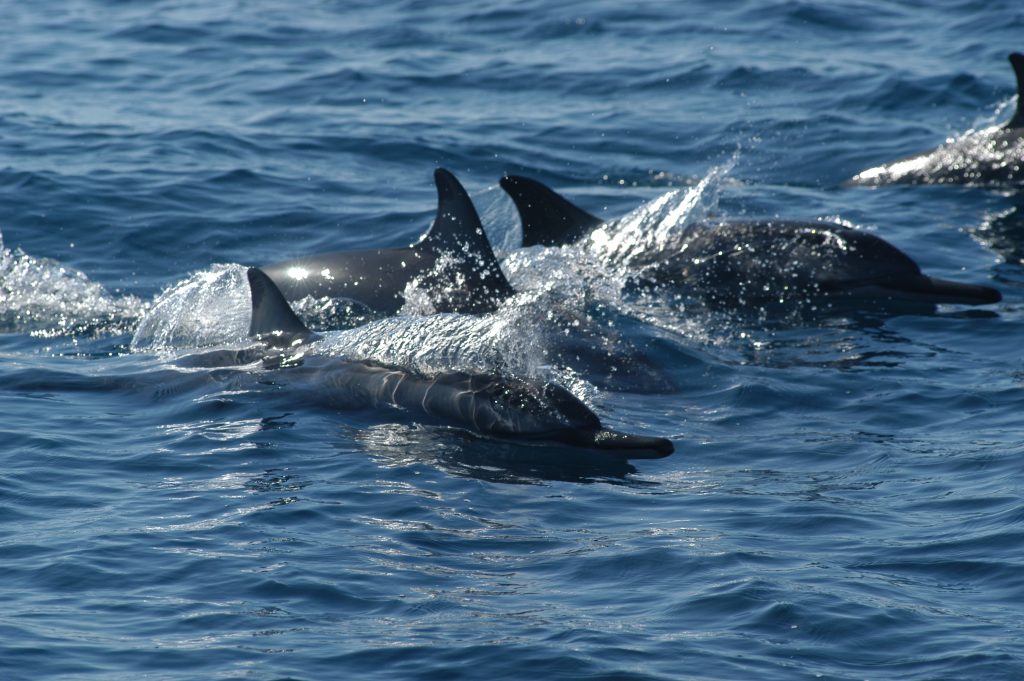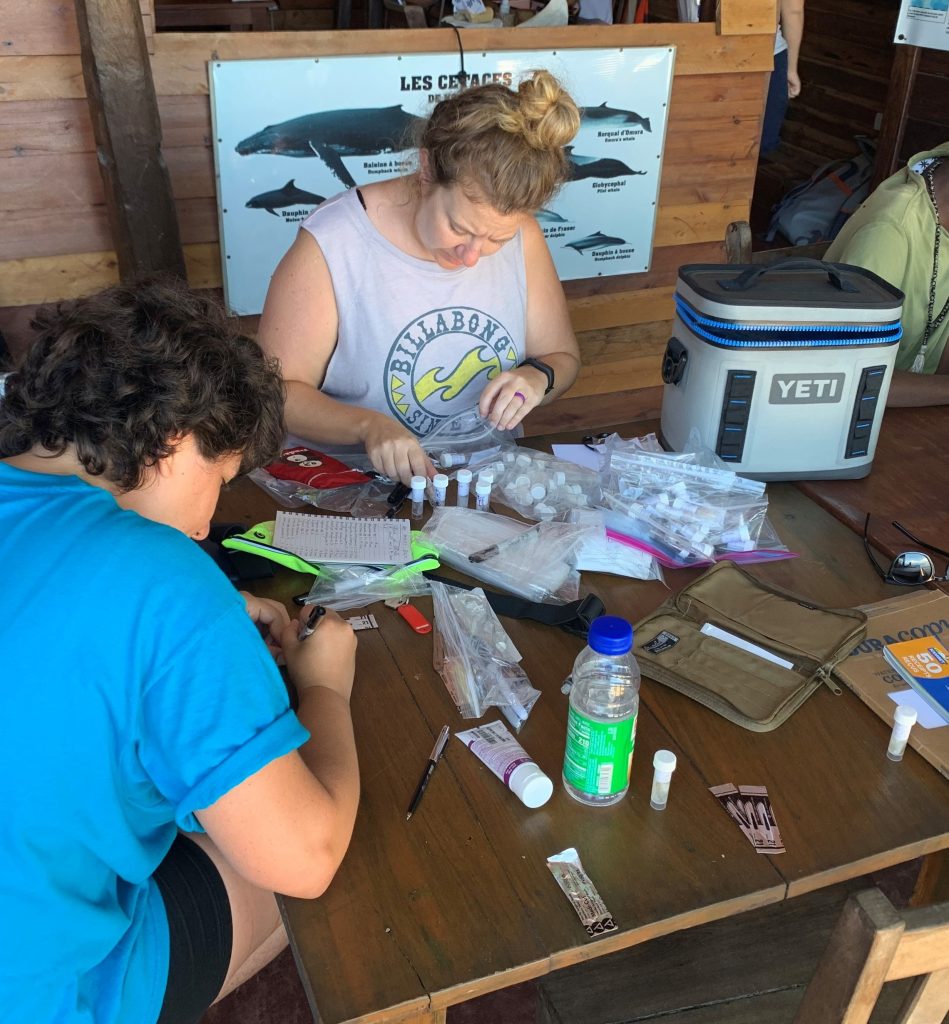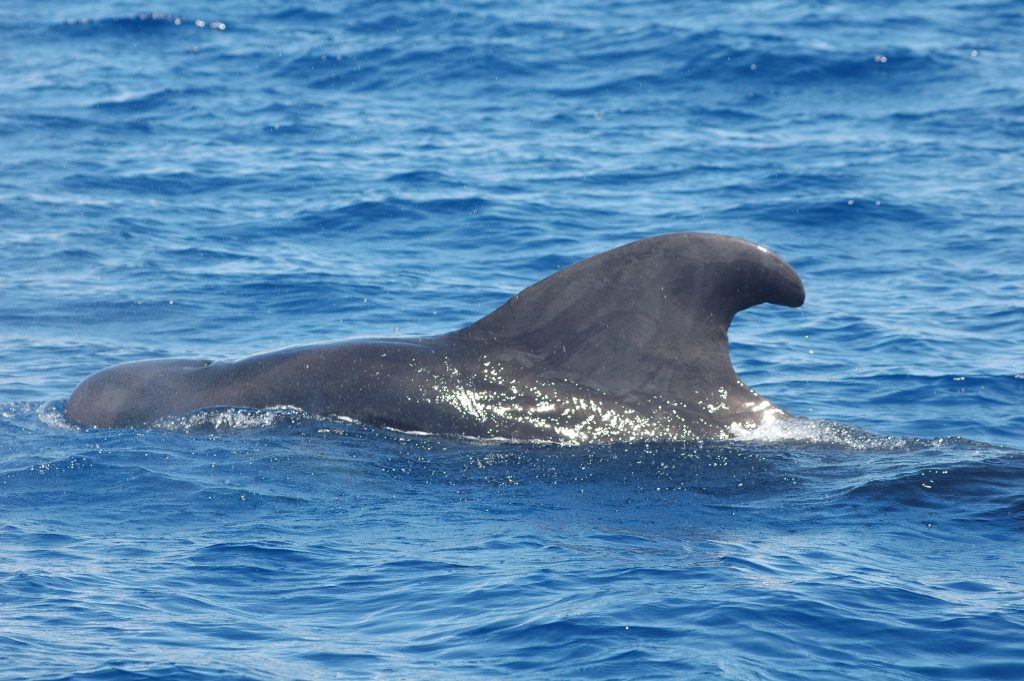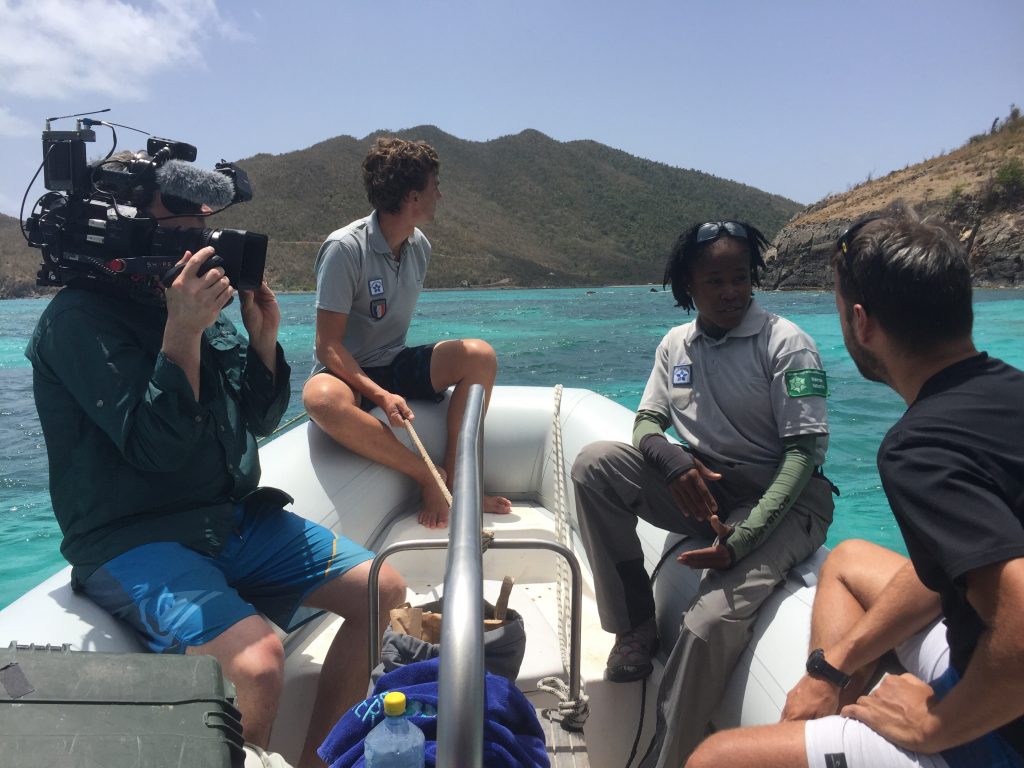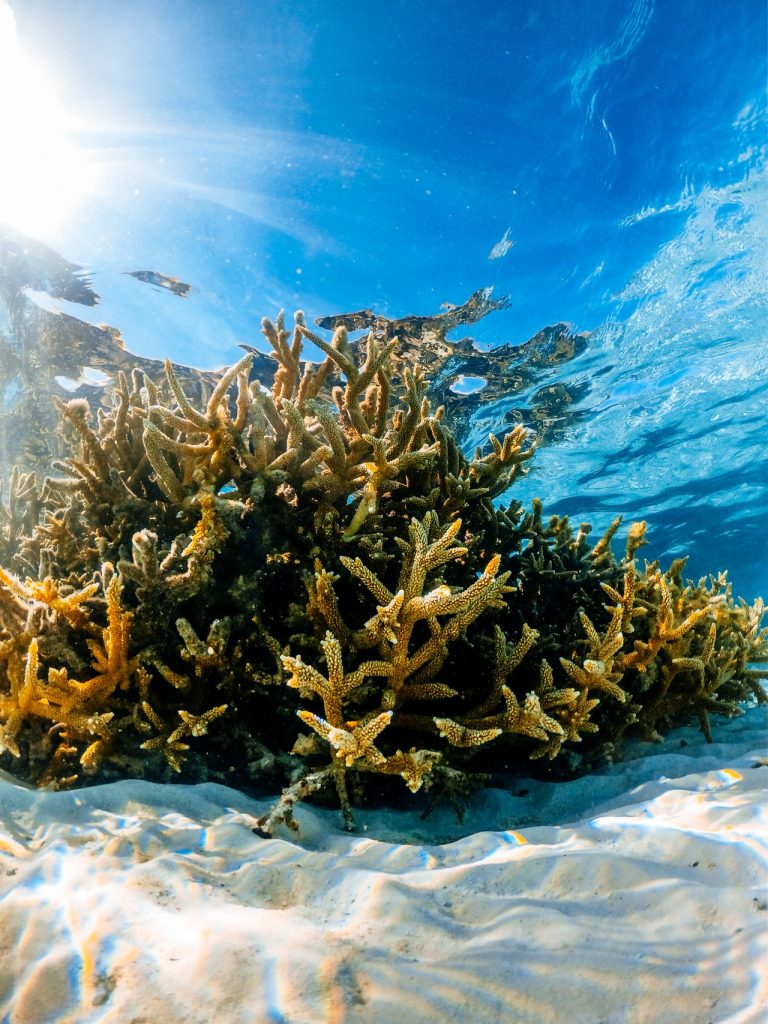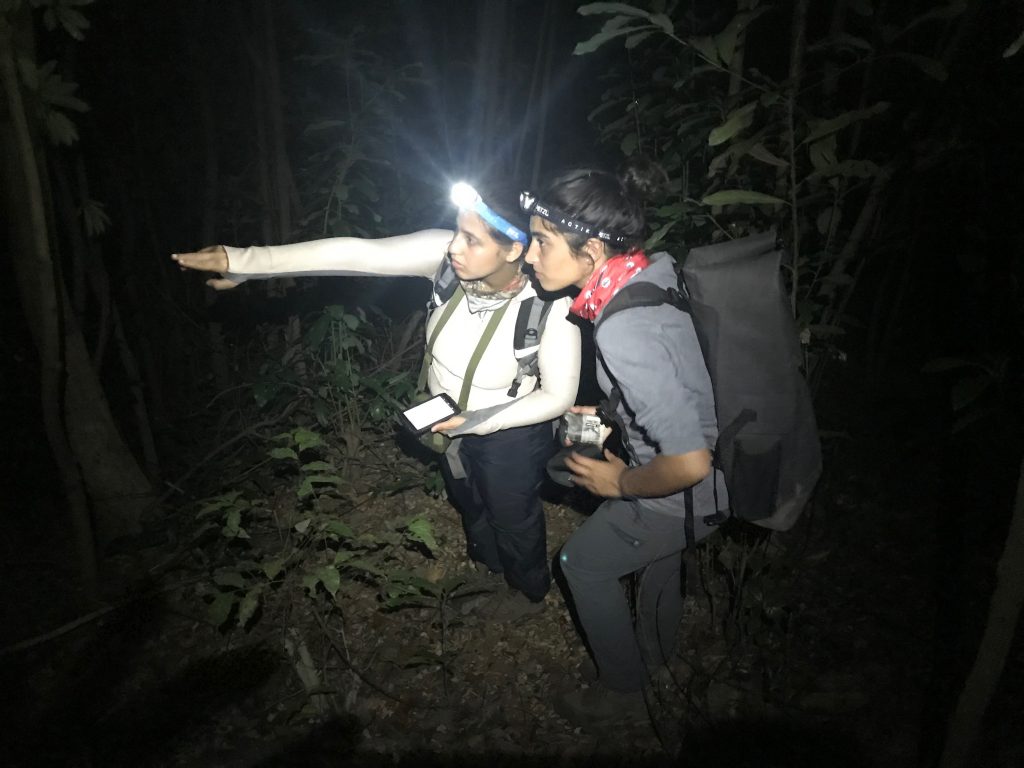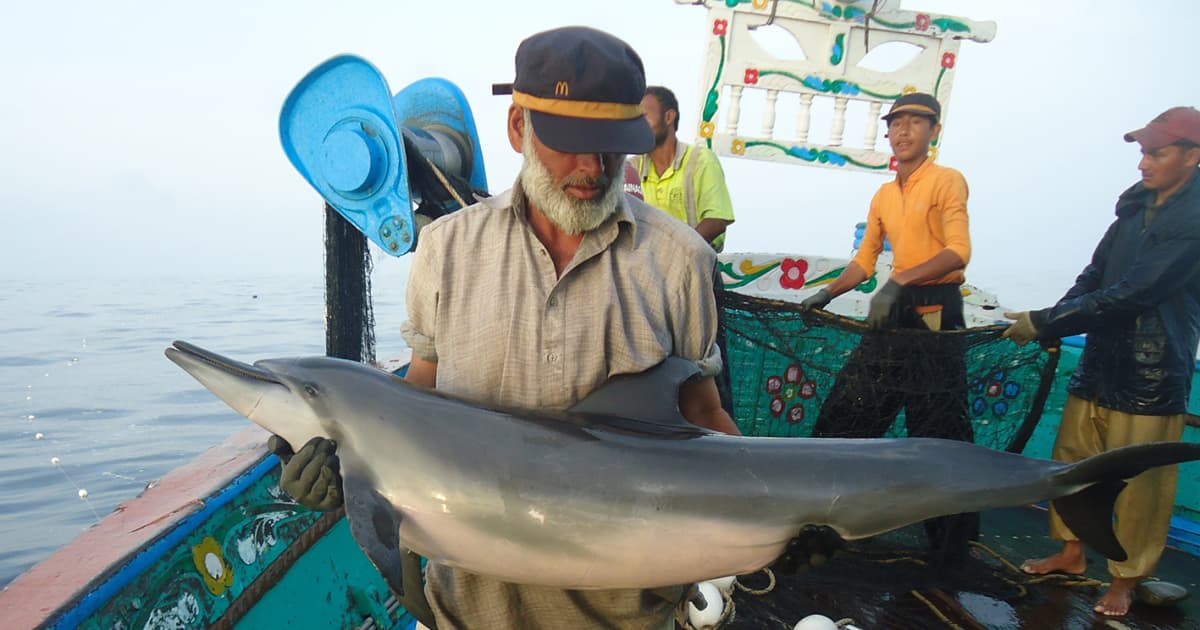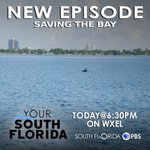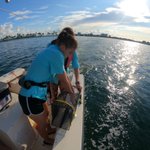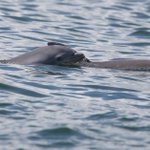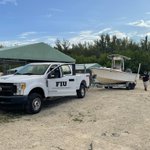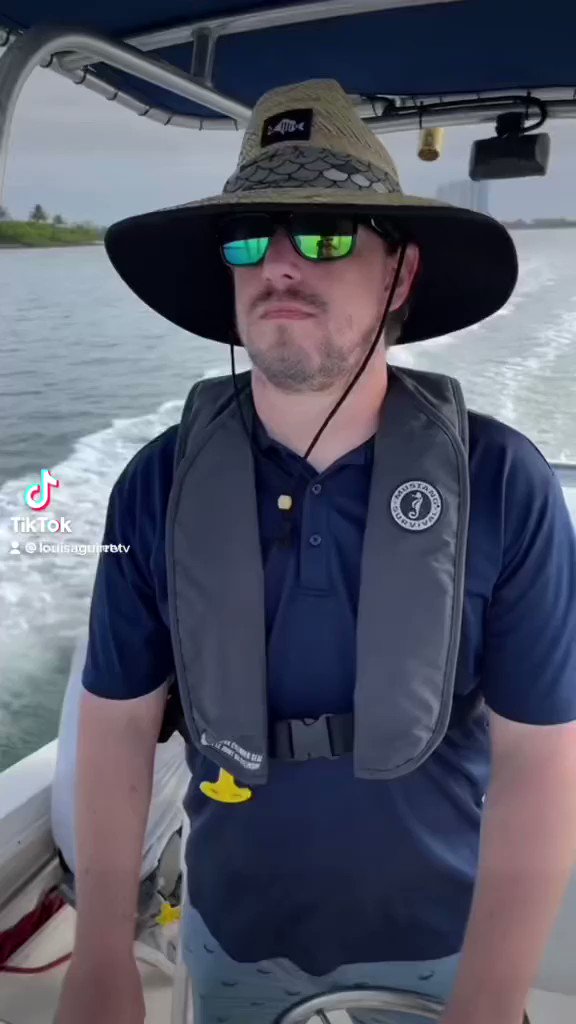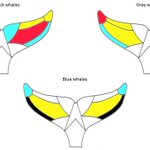We are developing video projects to bring science to classrooms from the US and beyond (French West Indies, Madagascar). We also regularly intervene in schools or to the general public to raise awareness about marine megafauna research and conservation. Our lab also deeply values the importance of building capacity, particularly in developing countries where we conduct most of our research and conservation projects.
We use our research as a platform to inspire ocean conservation
Helping the next generations of conservation scientists is one of our priorities. Here are our latest video projects designed by Symbio Studios to engage students in the classroom. Please contact us if you want to use these videos in your classroom, we can help with supporting documents for you and your students.
Green turtles and invasive seagrass in the Caribbean
Researchers Drs. Jeremy Kiszka and Elizabeth Whitman study the ecology and behavior of Caribbean green turtles facing environmental changes, including invasive seagrass species.
Sperm whales in the Carribean
Florida International University professors Jeremy Kiszka and Mike Heithaus bring you to Guadeloupe Island in the Caribbean to learn about elusive sperm whales.
IRES, International Research Experience for Students in the Caribbean
Funded by the National Science Foundation (US), this international training program, co-led by the Tropical Conservation Institute at FIU (Dr. Cristina Gomes and Dr. Jeremy Kiszka) seeks to provide unique high-quality research and professional development opportunities in wildlife conservation and ecology to three different cohorts of undergraduate and graduate students.
We recruit six students per year from underrepresented populations in STEM fields in the United States to participate in a three-semester program, seven weeks of which will be spent collecting field data and contributing to outreach programs in Saint Vincent and the Grenadines.
In partnership with NSF, and TCI.
Caribbean Program
The unique combination of research and applied conservation work led by TCI scientists, and the cultural knowledge and local research experience of partners in St Vincent, serve as a platform for students to acquire proficient research skills, be involved in publications and participate in conferences, network with key conservation leaders, and partake in successful human development and outreach programs. In addition, our privileged field location, a wildlife hotspot and tourist destination, will provide a safe and relevant research environment.
Our privileged field location, a wildlife hotspot, and tourist destination, provides a safe and relevant research environment.
A platform for students to acquire research skills, be involved in publications, and participate in conferences
Our four-stage research training program guarantees that our students receive the cultural and technical preparation to optimize their field experience. The recruitment process targeting minorities provides research opportunities to underrepresented populations in science; and our innovative evaluation methods will help guarantee that the program improves from one year to another. Half of the students in each cohort work on cetaceans while the other half work on parrot research and conservation.
By focusing on both marine and terrestrial ecosystems, students have a broad understanding of ecological interactions.
Students collaborate to produce a final report where they have to compare and discuss the differences between marine and terrestrial research and conservation strategies, and how these can complement each other. By focusing on both marine and terrestrial ecosystems, students in this program have a broad understanding of ecological interactions in general as well as how disturbance affects wildlife.
